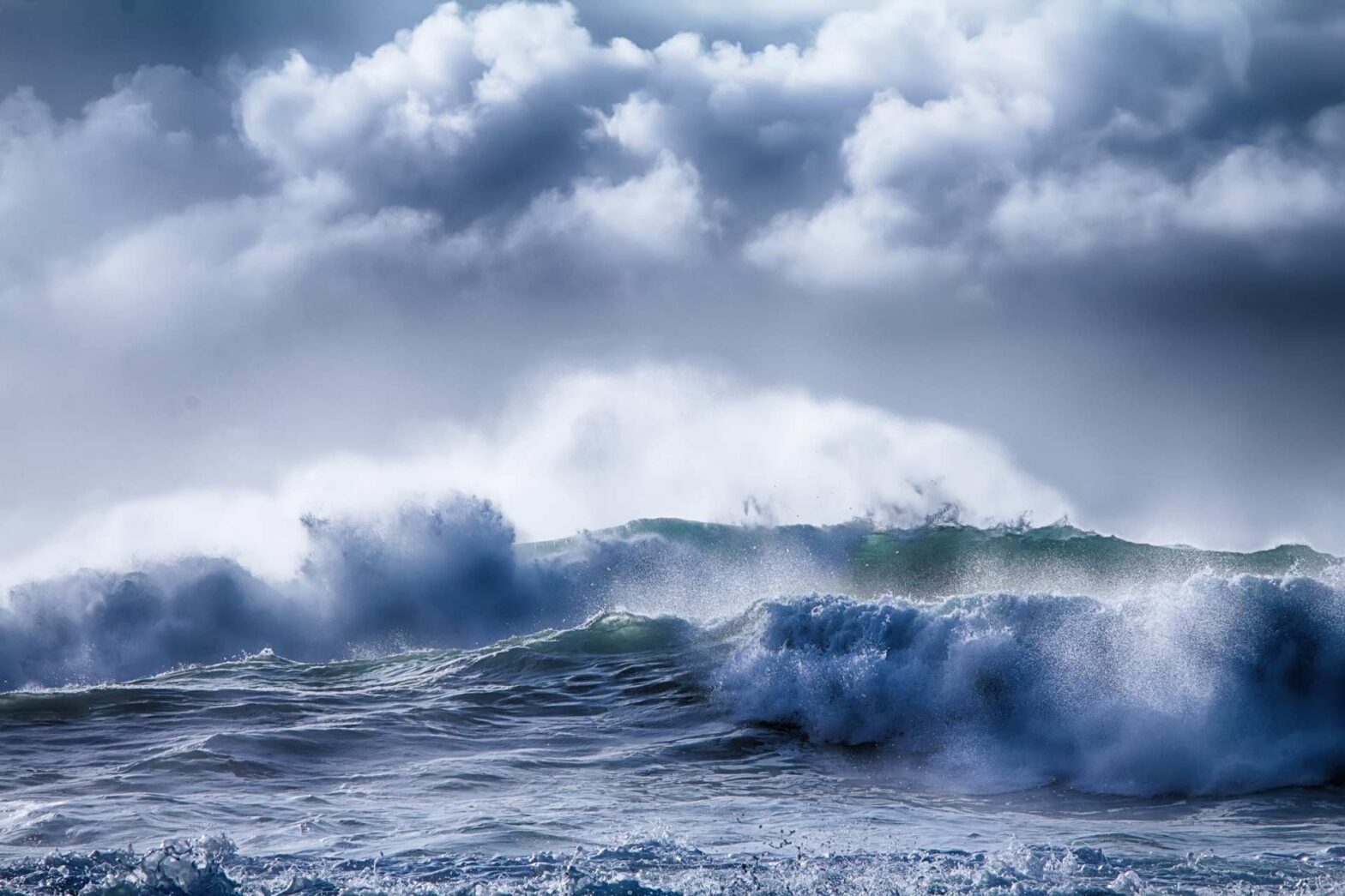Global Pact for the Environment: Much Work Needs to be Done
This week UN member states have reconvened their efforts to address gaps in international environmental law and governance, with a view to strengthening implementation. It is also of crucial importance that member states seek to unify international environmental law principles and to codify key environmental rights and duties. As a strong supporter of a legally binding instrument that consolidates such environmental principles to improve governance, OceanCare has been following the process since the beginning and has participated at the first virtual informal substantive consultation meeting from 21st to 23rd July 2020.
In 1972 the international community met in Stockholm to convene the United Nations Conference on the Human Environment to address environmental issues and to mark a turning point in global environmental politics. The Stockholm Conference marks the launch of international cooperation on the environment and also established the UN Environment Programme. In the decades since, countries have sought multilateral solutions to ever increasing global environmental challenges, in the course of which they have adopted a number of international agreements (e.g., the Rio Declaration in 1992 and the Paris Agreement in 2015). These efforts have also included a considerable number of multilateral environmental agreements (MEAs) that address regional and topic-specific aspects of environmental concerns. These efforts are however fragmented and in dire need of coherence as the damage to the environment persists unabated.
In an effort to address gaps in international environmental law and governance, with a particular focus on implementation, the General Assembly decided to establish an open-ended working group. Following an organisational session held at the United Nations in New York in September 2018, countries held the First substantial session of the working group at the UN in Nairobi in 2019, followed by a Second and Third session in March and May 2019, respectively. The objective of the working group was to consider a report that identifies and assesses the possible gaps in international environmental law and environmental instruments with a view to strengthening implementation. In August 2019, the United Nations General Assembly adopted Resolution 73/333 “Follow-up to the report of the ad hoc open-ended working group established pursuant to General Assembly resolution 72/277”.
This week, from the 21st to the 23rd of July, member states met virtually to discuss the way forward outlined in Resolution 73/333, with a view to “to prepare, at its fifth session, in February 2021, a political declaration for a United Nations high-level meeting…” in the context of the anniversary of the Stockholm Conference of 1972 with the objective to strengthening the implementation of international environmental law and international environmental governance.
The informal consultations over the past days have made it clear that divergence on how the international community intends to address gaps in international environmental law and governance, as well as the strengthening of its implementation, still persist. The Second and Third informal consultations are set to take place in October 2020 and January/February 2021, respectively, and will consider possible draft elements of a political declaration/procedural resolution. It is still too early to conclude where this process is heading and what the final outcome will be.
One of many options, albeit a good option, for addressing gaps in environmental governance is the Global Pact for the Environment. The Pact, proposed by an international group of experts coordinated by the Club des Juristes, is not a reinvention of the wheel but rather a compilation of existing legal principles and is a necessary step towards providing legal clarity and predictability. Despite provisions set forth in existing instruments, which have to some extent been disseminated and implemented through the help of governments and respective legal systems, the Global Pact would provide the legal community with the tools to interpret existing gaps and ambiguities in international environmental law.
In 2022, governments will mark the 50th anniversary of the Stockholm Conference on the Human Environment. A meaningful outcome to the current consultations would be a fitting way to mark this anniversary and begin a new era in international environmental cooperation.
COVID-19 has placed governments under a lot of pressure and has confronted countries across the globe with an unprecedented challenge. It is also with the pandemic in mind, that member states are called upon to take meaningful action towards addressing underlying environmental challenges (i.e. implementation of environmental-related obligations) and to ensure that this gaps in environmental governance are closed. OceanCare will actively remain involved in the process and works to ensure that ambitions are kept high for a favourable outcome for the environment.
